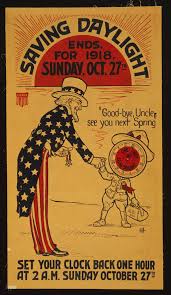Daddy Talks Turkey
/I don’t know about your house, but with my family, as we sit around the Thanksgiving table, stories begin to flow. My daddy always has a good supply of them. As this holiday wraps up, I wanted to share some of his thoughts on turkey and Thanksgiving.
He doesn’t remember eating turkey very many times, while growing up on the mountain, and I wondered why There weren’t many wild turkeys around for many years – or maybe decades. Today, we have several of them around, probably due to the efforts of the Tennesse Wildlife Resource Agency.
Daddy does remember one turkey-hunting story. Around 1930, Uncle Menzo Atkinson and Menzo’s sons, planned to meet some of their family and hunt on the north end of the county. Somehow, they missed the meet-up, but didn’t waste the opportunity to hung. They killed a wild turkey. As they wrapped-up their day, they happened upon the rest of their hunting party. That other group held up a mess of squirrel and Uncle Menzo silently reached into the wagon and came out with the turkey. They enjoyed telling the story as Aunt Medie skinned and cooked it.
Of course, you can have a feast without turkey. One year all of Daddys aunts and uncles gathered at Grandma Keys for a holiday meal and Berris Stepp, Hollis Henry and Vernon Roberts slipped of coon hunting. They were successful and came in with a big kill. Then they wondered what to do with it. Grandpa Berris quietly said, “Grandma will cook that if you ask her to.” Grandma Ida Key heard them and agreed to cook the coon if they would clean it good. The next day, the table was spread with plenty, including the coon. The Aunts were none too happy about that addition to their carefully planned menu.
I would like to know who decided that the proper Thanksgiving meal was turkey. Aunt Cecil Hall was at Grandma’s talking about folks eating turkey and the girls all decided they ought to serve that as well. So they pooled their money, bought a turkey, and that was the first time Daddy remembered having turkey on Thanksgiving.
Whatever you ate, and I hope you had plenty, please count your blessings today. We have a fair share of trouble in this country, but we are also immensely blessed.
HAPPY THANKSGIVING











